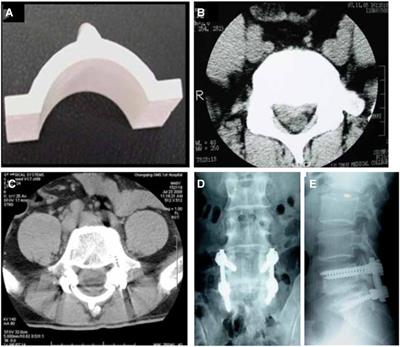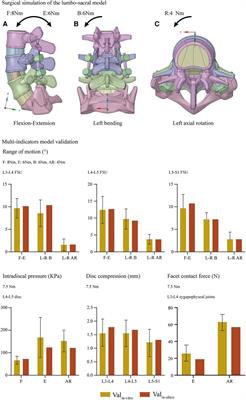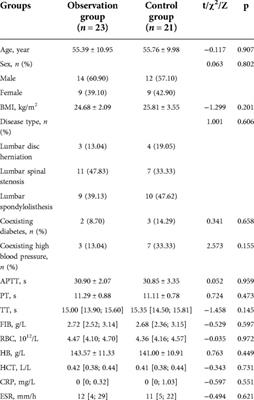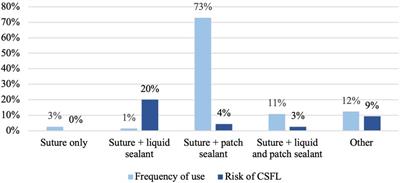EDITORIAL
Published on 21 Aug 2023
Editorial: Optimization of spine surgery outcomes in the pre-, peri-, and postoperative settings
doi 10.3389/fsurg.2023.1235095
- 946 views
10k
Total downloads
42k
Total views and downloads
You will be redirected to our submission process.
EDITORIAL
Published on 21 Aug 2023
REVIEW
Published on 02 Feb 2023

ORIGINAL RESEARCH
Published on 12 Jan 2023

ORIGINAL RESEARCH
Published on 06 Jan 2023

ORIGINAL RESEARCH
Published on 05 Oct 2022

SYSTEMATIC REVIEW
Published on 23 Sep 2022

ORIGINAL RESEARCH
Published on 20 Sep 2022

ORIGINAL RESEARCH
Published on 16 Sep 2022

ORIGINAL RESEARCH
Published on 31 Aug 2022

ORIGINAL RESEARCH
Published on 16 Aug 2022

ORIGINAL RESEARCH
Published on 22 Jul 2022

ORIGINAL RESEARCH
Published on 23 Jun 2022

